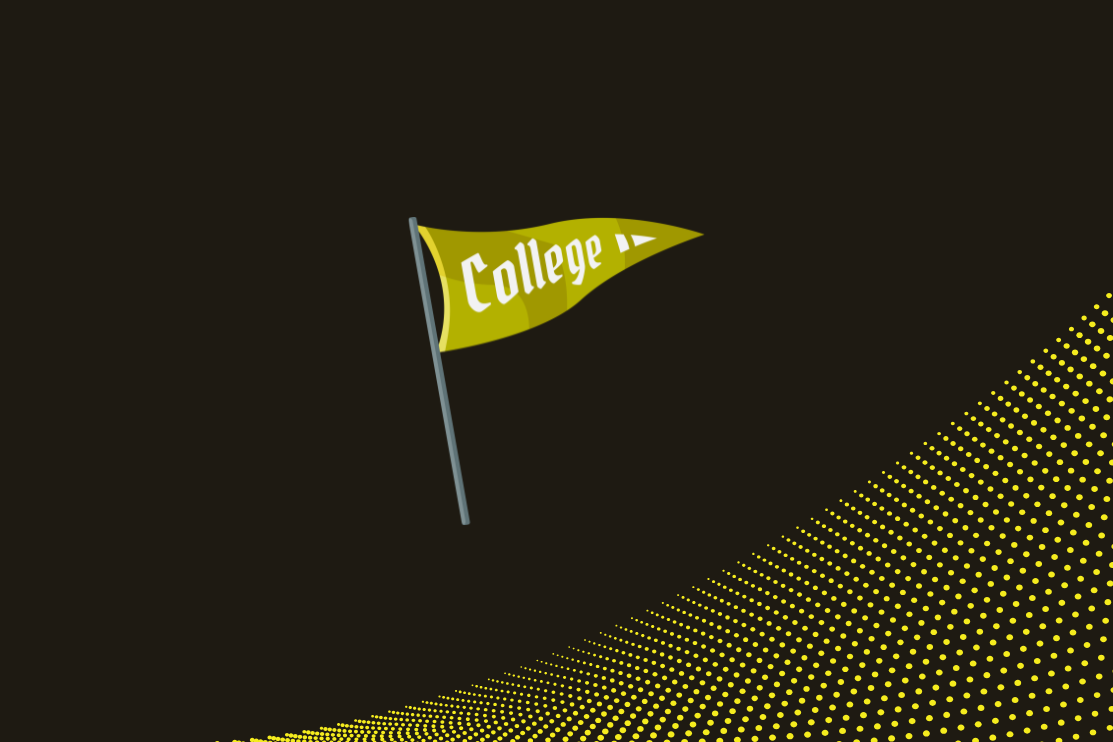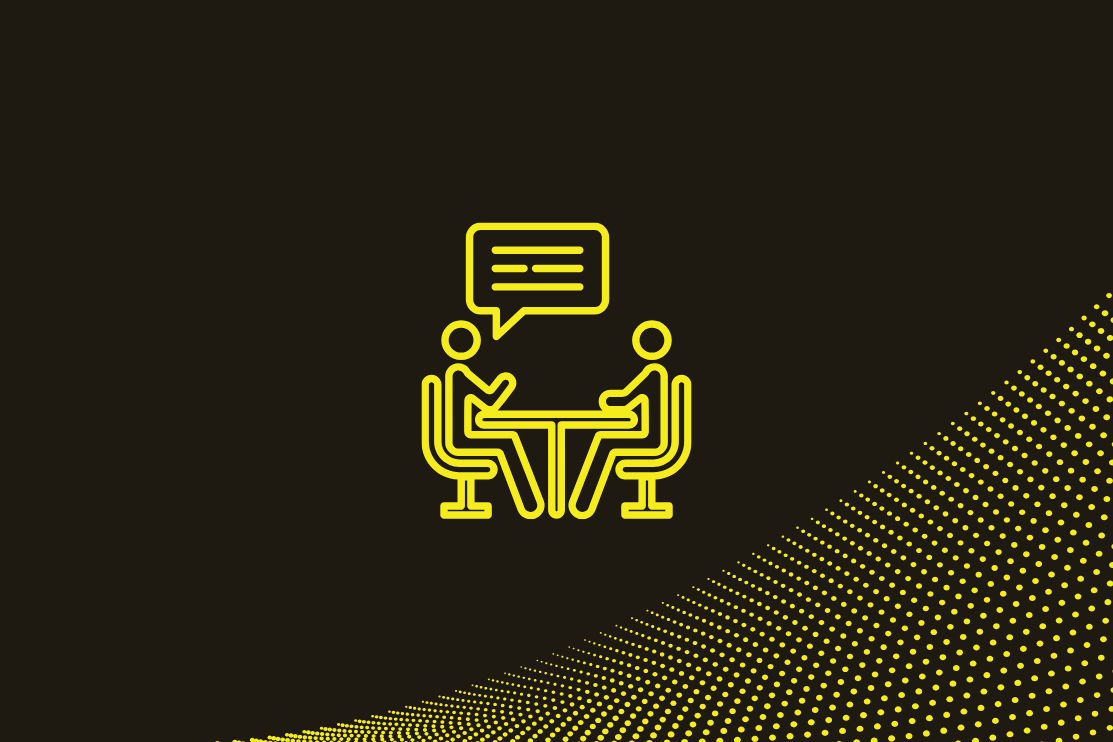6 Myths about College and Career Readiness Platforms Debunked
6 Myths about College and Career Readiness Platforms Debunked
6 Myths about College and Career Readiness Platforms Debunked
6 Myths about College and Career Readiness Platforms Debunked
6 Myths about College and Career Readiness Platforms Debunked
6 Myths about College and Career Readiness Platforms Debunked
Don't miss our breakout sessions!
Book time with our team on-site!
Our team is excited to meet you. Book a time that works best.


College and career readiness (CCR) has become a common ambition for school districts across the country. Defining what that means and identifying the necessary steps to bring these goals to fruition, however, varies widely. In the wake of this increased emphasis, many college and career resources and tools have been developed to support a school or district’s CCR programming. Comprehensive CCR platforms have emerged with an entire focus on providing the infrastructure and framework to enable dynamic, personalized, and engaging CCR experiences for students. Understanding the full scope of what these platforms are capable of and being able to differentiate between those and other less-capable resources can be challenging with such a busy edtech marketspace.
Use this list of common misconceptions about CCR platforms to gain a fuller understanding of the benefits they can have; differentiate between the functionality and qualities of various platforms; and ultimately ensure that your students, families, and counselors have access to the resources that will maximize postsecondary success.
Myth: CCR platforms are primarily for tracking and managing logistical processes.
The college and career planning process does require a tremendous number of steps, deadlines, prerequisite requirements, and applications over the course of several years. Many of these requirements and deadlines are imposed by external institutions and leave no room for error or circumstantial accommodation. Good CCR platforms do guide counselors, students, and families through these steps, prompt them when action is required, streamline processes, and automate many of the previously time-intensive functions. However, high-quality CCR platforms do so much more than digitize processes and manage these steps. The best CCR platforms provide truly interactive, personalized experiences for students that allow for deep exploration and reflection; collaboration with mentors, counselors, and educators; additional ways to understand what postsecondary options are possible; and guidance on the best steps to ensure success in meeting goals.
Myth: All CCR platforms are the same.
Though the phrase “college and career readiness” has become ubiquitous throughout districts, all-too-often CCR platforms are actually geared toward either a college pathway or a career pathway, not both. But students need opportunities to explore both threads in a cohesive way. Some students begin secondary school believing they will go straight to college, but then realize that a straight-to-career plan and pathway can be a financially responsible and productive decision that allows them to immediately begin growing their career without accruing substantial debt. Or, for students who are intending to go to college, exploring career interests and fields in high school can help inform decision-making to optimize the time and value of their college degree. A comprehensive CCR platform ensures that every student has a robust and thoughtful postsecondary plan–with resources and opportunities to reflect on, refine, and support the interim steps–regardless of whether they are headed to a college and then a career or straight to a career. The goal must be to help each student find their best postsecondary fit–transcending college and career exploration and planning. Looking more deeply at a particular CCR platform’s full spectrum of features helps to understand whether it will serve all students.
Myth: CCR platforms are intended for counselors, not students.
An effective CCR program includes input and engagement from an entire team of individuals–students, counselors, educators, and families. High-quality CCR platforms are designed to benefit and be used by these different stakeholder groups and to encourage collaboration and communication among them. The best CCR platforms do work to support counselors by automating many time-consuming tasks and allowing them to check in on and track important student processes and benchmarks. But the student experience is a critical component of CCR platforms and should be a primary consideration in selecting one. CCR platforms should provide engaging opportunities for students to better understand their own strengths, set goals, explore possible careers, find colleges that map onto their profile, complete requisite application materials, or apply for funding for postsecondary next steps–supporting students throughout their secondary journey.
Myth: You have to be able to handle sophisticated data systems to navigate a CCR platform.
A key component of a good CCR platform is that it actually makes collecting, tracking, and analyzing data significantly easier. A comprehensive CCR platform allows counselors, principals, and district administrators to monitor important metrics and more quickly identify students who need extra support without specialized knowledge analyzing data. By equipping counselors with up-to-date data helps to inform decision-making. These features help to transform traditional, more passive data compliance and reporting into accessible and actionable data collection and intervention. This allows counselors to focus less on gathering data and more on direct student support.
Myth: All CCR platforms sell student data and information.
Unfortunately, there have been recent reports of some CCR platforms selling student data and information, compromising the privacy of student users. In order to maximize the personalization and functionality of CCR platforms, it is important that students input contact information, preferences, and achievements. One way to ensure your students data is safe is to perform due diligence and to verify the platforms data privacy policies and confirm they have signed pledges directed towards student privacy.
Myth: CCR platforms provide a uniform experience for all students.
CCR platforms, at their best, allow for a truly personalized, interactive experience for each student. High-quality CCR platforms allow student strengths, interests, and goals to guide the CCR planning process and adapt based on that unique profile and input. Robust CCR platforms manage the creation of personalized learning plans for each student and help ensure that students understand how their decisions, course selections, extracurricular activities, and other opportunities are tied to their longer-term plans and goals. These personalized plans empower counselors and educators to provide dedicated services to students designed to meet their specific needs. By having these plans articulated and documented, families are able to both view and provide feedback and reflection on the plans. This personalized approach drives student engagement and helps to ensure that students truly find the right postsecondary fit for them–yielding long-term persistence and success.
A CCR Partnership
With a fuller understanding of all that the best CCR platforms are–and what they are not–schools and districts are better prepared to choose a CCR platform that can be the foundation for their CCR programming. By looking for a comprehensive and interactive solution, districts can harness the full potential of this kind of resource for students, families, and counselors. When districts find the right CCR platform, they will be tapping into a deep well of CCR expertise and forging a partnership with a team who is committed to ensuring that students find and are prepared for their postsecondary next steps.
Related Posts
See All




